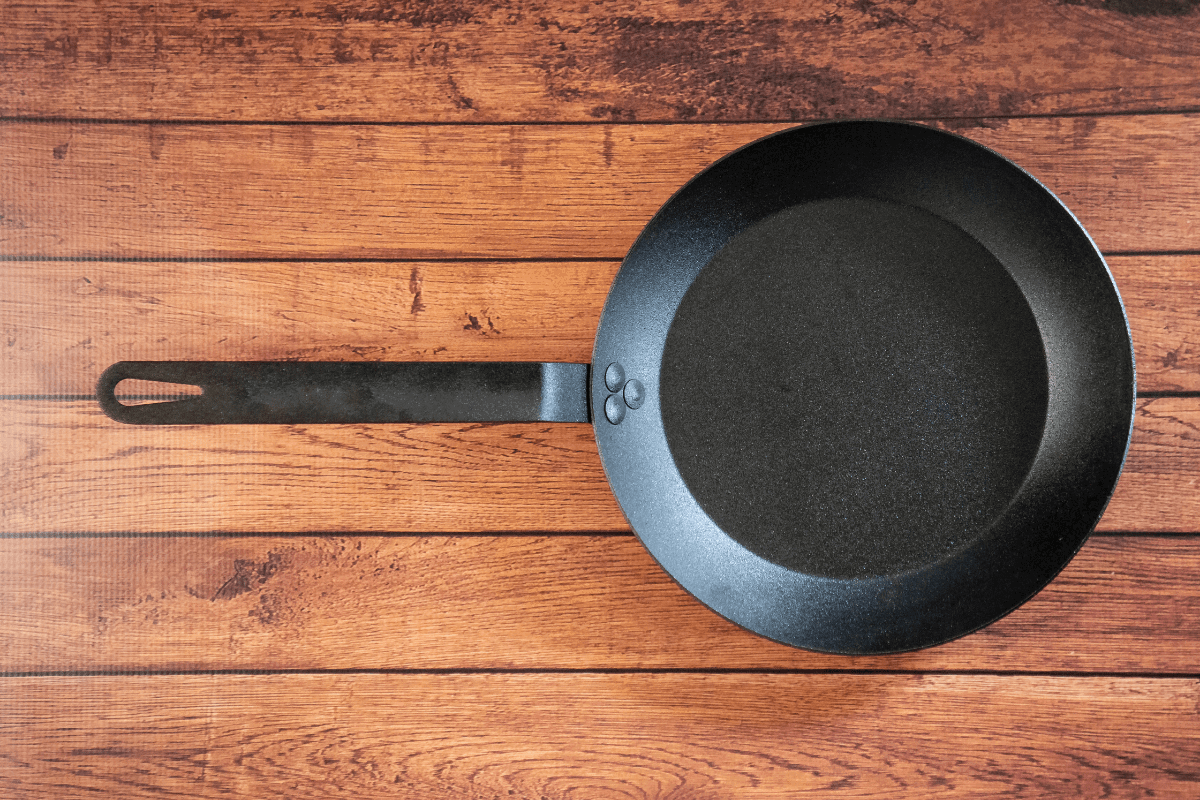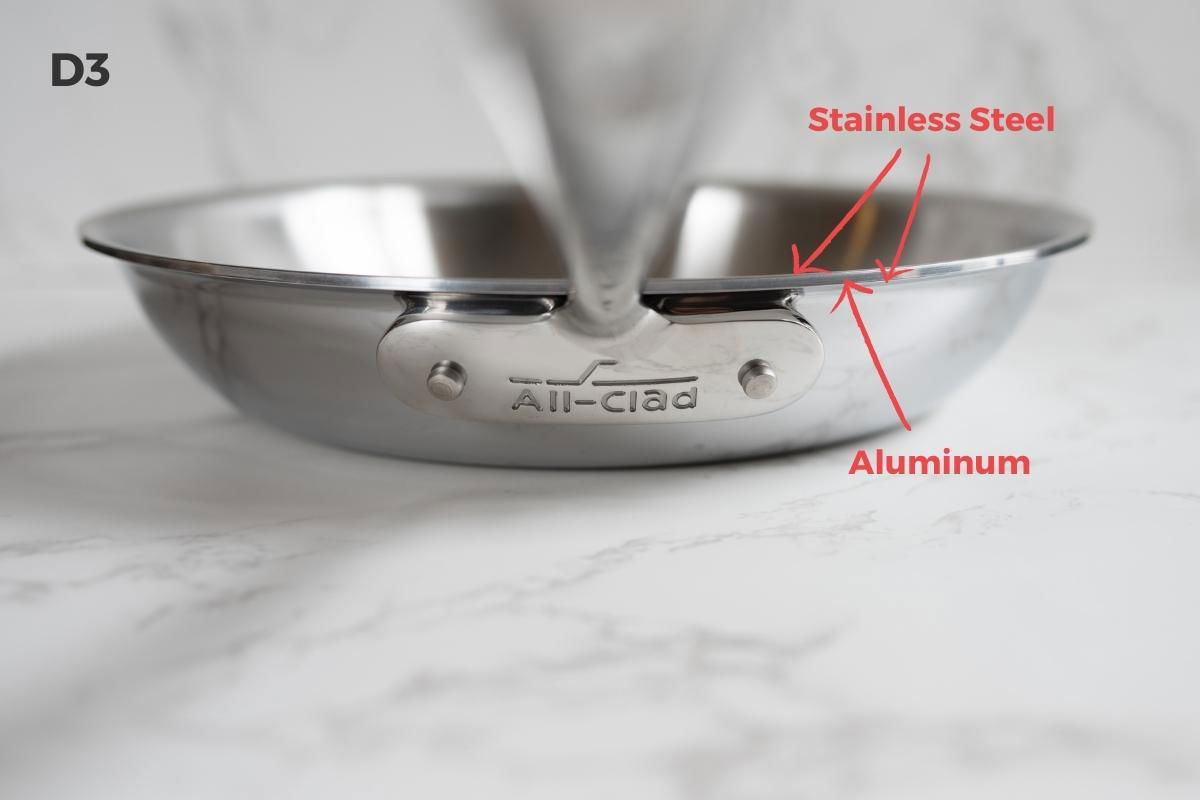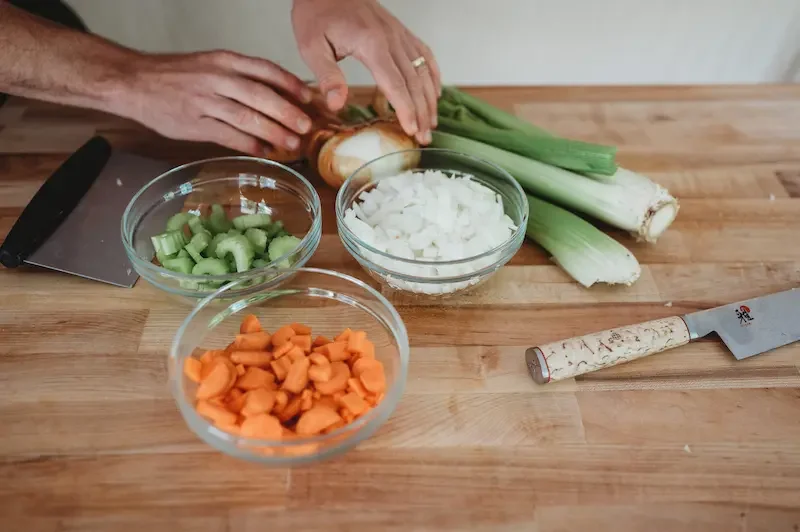True to its name, baking powder is an essential ingredient in baking most quick breads and batters. You’ll find it in pancakes, muffins, and many cookie recipes.
Unless you’re baking regularly, you may well end up with a dubious can of baking powder in the back of your kitchen cabinet. To ensure that your supply will perform as intended, be sure to test for freshness before using it.
Have no fear–there is an easy way to do this.
Coming from a background as a pastry chef and production baker, I’m probably more in tune with the freshness of my ingredients than most.
Here’s a simple and foolproof method to ensure your baking powder is providing the optimal amount of leavening magic.
Here’s What You’ll Need To Get Started

- Cup or small bowl
- Measuring spoons and measuring cups
- 1/4 cup very hot water
- 1/4 teaspoon baking soda to test
In This Article
A Simple Method For Testing Baking Powder
During the baking process, baking powder’s rising power is activated twice. This is why most baking powders are called “double-acting”.
The powder first releases gas during the mixing stage, when it makes contact with the wet ingredients in your recipe. The second, more powerful rise occurs when the heat in your oven activates it.
The method I’ll describe below will allow you to effectively test both of the activations at once.
Step 1: Combine Baking Powder and Water

Drop ½ teaspoon of baking powder into ¼ cup of very hot water.
Step 2: Watch for Bubbles

If your baking powder is still in good shape, it should fizz and bubble up vigorously.
If it only makes a few bubbles or doesn’t fizz at all, it’s no longer viable. Toss it and use a new container.
The Impact of Old vs. Fresh Baking Powder
Baking powder is made of a combination of a baking soda (an alkali), an acidic component like cream of tartar, and a moisture absorber such as cornstarch.
Compared to its longer-lasting cousin, baking soda, baking powder has a fairly limited shelf life and an expiration date.
The fresher your baking powder is, the better your chances are of getting the full, lofty rise in your baked goods that it was designed to create.
Due to its sensitivity to moisture and heat, baking powder is best stored in a cool, dry place in a tightly-sealed container to stay fresh.
Frequently Asked Questions
How do I know if my baking powder is bad?
Baking powder can lose potency by expiring or coming into contact with moisture or heat. But you won’t know for sure if it’s still active unless you test it.
How do you test baking powder for freshness?
Drop 1/4 teaspoon of baking powder in 1/4 cup of very hot water. If it fizzes vigorously, it’s still fresh; if not, use a new can.
Is it ok to use expired baking powder?
While it’s harmless to eat, expired baking powder is unlikely to make your baked goods rise as they should. Try testing it for potency.







